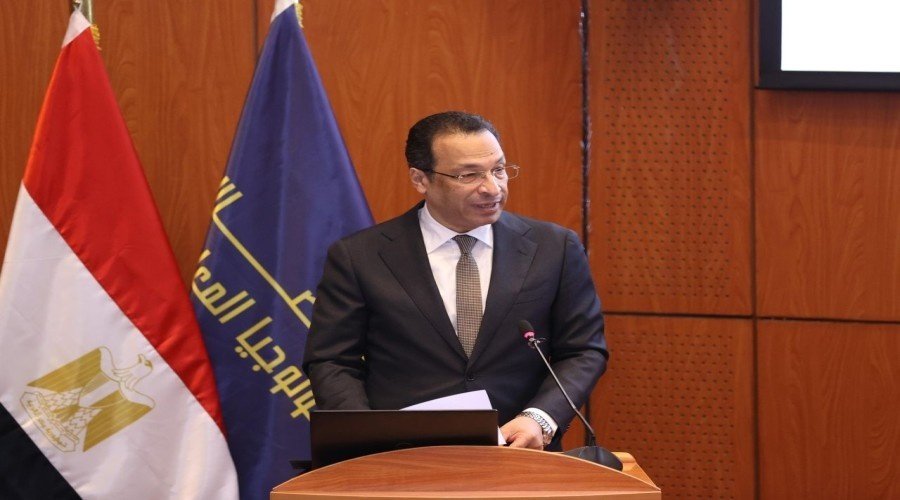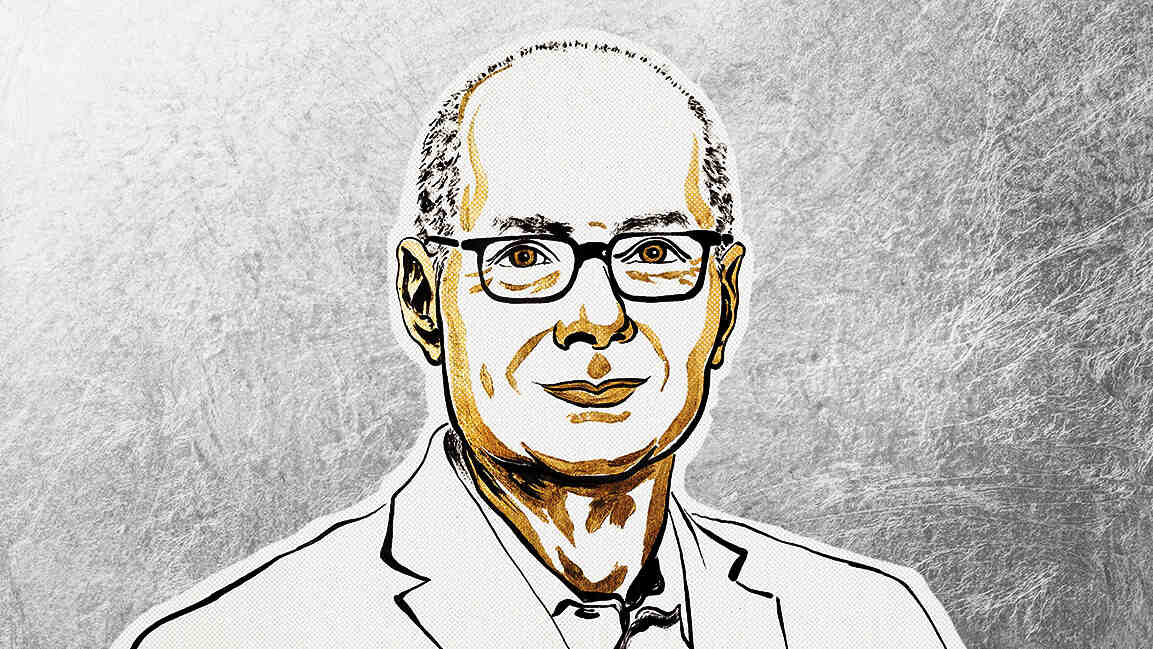As the global aviation industry grapples with the urgent need to reduce its environmental footprint, the UAE is decisively stepping forward as a leader in the sustainable transformation of the sector. Guided by a national strategy rooted in environmental stewardship, the country’s General Civil Aviation Authority (GCAA) is spearheading a series of ambitious initiatives designed to create a greener and more resilient future for air travel, both regionally and internationally.
A National Commitment to Green Skies
The UAE’s dedication to sustainability is a core tenet of its national identity, a principle established by the late Sheikh Zayed bin Sultan Al Nahyan. This long-standing commitment is being actively translated into modern aviation policy. The GCAA’s latest report, “An Inside Look at Civil Aviation in the UAE,” reaffirms this vision, outlining a clear strategy that aligns the civil aviation sector with the nation’s broader climate objectives. This strategic focus ensures that economic growth in aviation does not come at the expense of environmental responsibility.
Driving Policy and Global Standards
For over a decade, the UAE has been at the forefront of policy development for reducing aviation emissions. In 2012, it was among the first to submit a State Action Plan for Reducing Aviation Emissions to the International Civil Aviation Organization (ICAO). Following a globally recognized update in 2018, the GCAA has now submitted its third edition, reinforcing its proactive stance. The UAE was also an early and voluntary adopter of ICAO’s Carbon Offsetting and Reduction Scheme for International Aviation (CORSIA) in 2020 and has since launched the region’s first digital CORSIA platform, a key national transformation project.
Fueling the Future with SAF
A cornerstone of the UAE’s strategy is the advancement of Sustainable Aviation Fuel (SAF). The country has developed a comprehensive National SAF Roadmap with the ambitious target of producing 700 million litres of SAF annually by 2030. This commitment was further demonstrated when the UAE hosted ICAO’s Third Conference on Aviation and Alternative Fuels (CAAF/3), which resulted in the landmark Global Framework for SAF. Building on this momentum, the nation also launched the Global Sustainable Aviation Marketplace (GSAM), a platform now recognized as an official ICAO event.
Fostering Innovation and Collaboration
To accelerate the development of green technologies, the UAE has signed a memorandum of understanding with Volar Air Mobility to establish the nation’s first Green Aviation Technology Hub. This initiative, combined with its leadership in policy and international forums, positions the UAE not just as a participant but as a central architect in shaping the future of sustainable global aviation through coordinated action and robust international partnerships.
About The General Civil Aviation Authority (GCAA)
The General Civil Aviation Authority (GCAA) is the federal body responsible for the management and regulation of civil aviation in the United Arab Emirates. Its mandate includes ensuring aviation safety, security, and environmental sustainability while overseeing all aspects of the UAE’s airspace and aviation industry to maintain its status as a leading global hub.
Source: Fast Company ME














